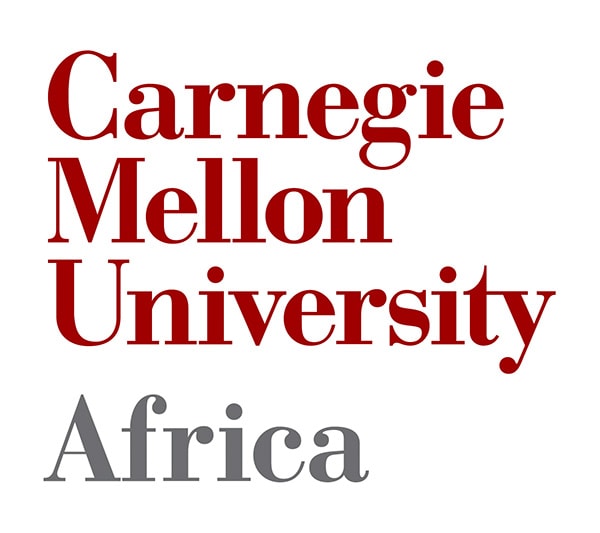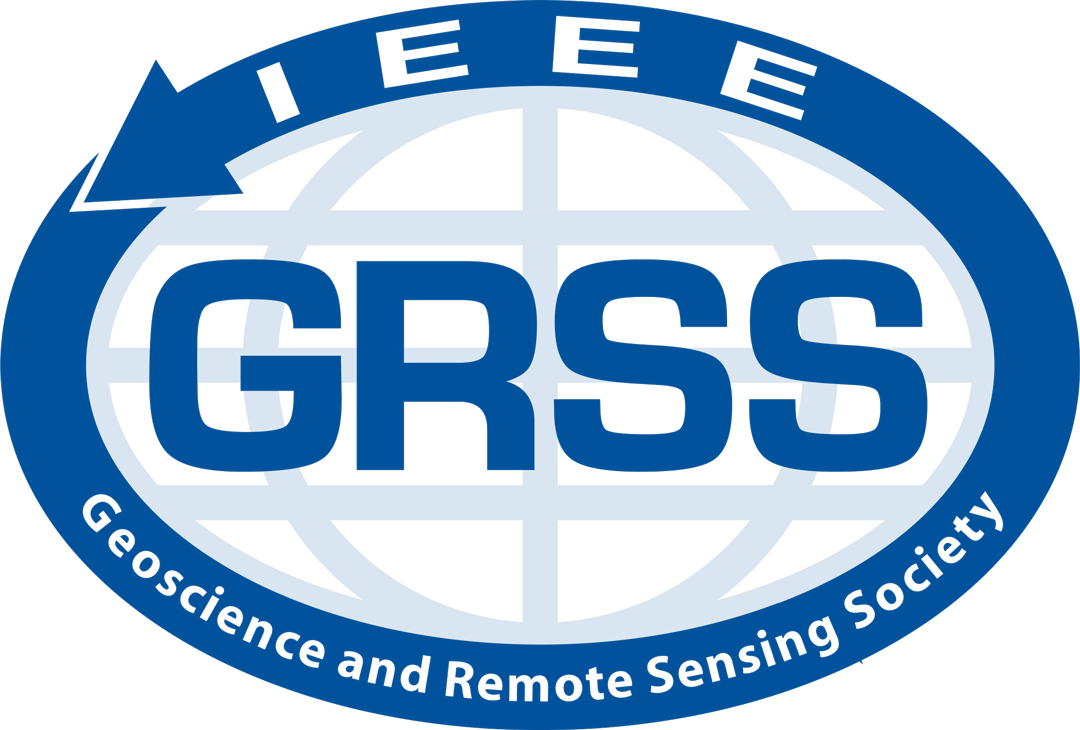Machine Learning for Remote Sensing Workshop
Remote sensing data (also referred to as Earth observation or satellite data) has become an increasingly popular modality for machine learning research. This interest has largely been driven by the opportunities that remote sensing data present for contributing to challenges urgently important to society, such as climate change, food security, conservation, disasters, and poverty. This growing interest in ML research for remote sensing data is also driven by the challenges presented by its unique characteristics compared to other data modalities (e.g., images, text, video). Remote sensing datasets are very high-dimensional and often have spatial, temporal, and spectral dimensions more complex than traditional RGB images or videos. The diversity of instruments used for observing the Earth at different wavelengths, temporal cadences, and spatial resolutions has driven active research in domain adaptation, data fusion, and other topic areas. In this workshop, we aim to stimulate and highlight research on new methods, datasets, and systems for machine learning for remote sensing data and especially encourage submissions and discussions about research in the African context.
Call for Papers
Important Dates
Submission Deadline - February 05, 2023 (11:59 pm AoE)Acceptance Notification - March 03, 2023Workshop - May 05, 2023Thanks to everyone who participated in and presented at our workshop!
Topics Covered
The goal of this workshop is to solicit research papers addressing advancements in the following topics as well as other relevant topics in Machine Learning for Remote Sensing:
- Domain adaptation
- Concept drift and out of distribution detection
- Evaluation using unlabeled data
- Model architectures for remote sensing data
- Semi-supervised learning
- Unsupervised learning
- Multi-fidelity data fusion
- Human in the loop and active-learning
- Machine learning for time series
- Methods for learning from limited labeled data (e.g., low-shot learning, meta-learning)
- New benchmark datasets involving remote sensing data
- Geographic equity
- Solutions specific to the African context
- Applications related to sustainable development, societal needs, planetary exploration, and more including but not limited to agriculture and food security, forestry, biodiversity and species distribution modeling, and natural hazards and disasters (e.g., landslides).
We will solicit two types of papers: short proposal papers (3 pages) and short papers describing new and ongoing/in progress research (4 pages). Page limits do not include references, which are unlimited. Papers will be non-archival. To prepare your submission, please use the LaTeX style files for ICLR 2023. Paper reviews will be double blind. When submitting your manuscript, make sure you do not include any personally-identifying information such as author names or Github links which would de-anonymize the submission.
Machine Learning for Remote Sensing is non-archival and thus dual submission is allowed where permitted by third parties.
Submission site: https://cmt3.research.microsoft.com/ICLRMLRS2023
Schedule
| Start time | Topic |
|---|---|
| 9:00 | Opening Remarks: Anthony Ortiz (Microsoft) |
| 9:10 | Keynote: “WorldCereal: making global crop maps and learning from the experience”, Kristof Van Tricht (VITO) |
| 9:40 | Coffee break |
| 10:10 | Accepted paper oral talks (5 x 10 min each w/ questions) |
| 11:00 | Panel: Challenges & opportunities for ML + RS in Africa |
| 12:00 | Lunch |
| 13:30 | Keynote: “Mapping the built up environment of Africa and beyond”, Abigail Annkah (Google) |
| 14:00 | Poster session |
| 14:30 | Coffee break |
| 15:00 | Accepted paper oral talks (3 x 10 min each w/ questions) |
| 15:30 | Poster session |
| 16:00 | Keynote: “Application of Artificial Intelligence using Earth Observation for land use in Uganda”, Joyce Nakatumba-Nabende (Makerere AI) |
| 16:30 | Panel: Bridging the gap between research & deployment |
| 17:30 | Adjourn |
Accepted Papers
| Paper Title | Authors | |
|---|---|---|
| Oral (10:10) | Towards Explainable Land Cover Mapping: a Counterfactual-based Strategy | Cassio F. Dantas, Diego Marcos, Dino Ienco |
| Oral (10:20) | Enhancing Acoustic Classification using Meta-Data | Lorène LJ Jeantet, Emmanuel Dufourq |
| Oral (10:30) | Explaining Multimodal Data Fusion: Occlusion Analysis for Wilderness Mapping | Burak Ekim, Michael Schmitt |
| Oral (10:40) | Mask Conditional Synthetic Satellite Imagery | Zixi Chen, Van Anh Le, Mengyuan Li, Varshini Reddy Bogolu, Xinran Tang, Simone Fobi, Anthony Ortiz, Caleb Robinson |
| Oral (10:50) | Optimizing ecological restoration efforts to improve landscape connectivity | Michael D Catchen, Michelle Lin, Timothée Poisot, Andrew Gonzalez |
| Oral (15:00) | Urban-rural disparities in satellite-based poverty prediction | Emily L Aiken, Esther Rolf, Joshua Blumenstock |
| Oral (15:10) | Linking population data to high resolution maps: a case study in Burkina Faso | Basile Rousse, Sylvain Lobry, Géraldine Duthé, Valérie Golaz, Laurent Wendling |
| Oral (15:20) | Polygonizer: An auto-regressive building delineator | Maxim Khomiakov, Michael Andersen, Jes Frellsen |
| Poster | Aerial View Localization with Reinforcement Learning: Towards Emulating Search-and-Rescue | Aleksis Pirinen, Anton Samuelsson, John Backsund, Karl Åström |
| Poster | Improved marine debris detection in satellite imagery with an automatic refinement of coarse hand annotations | Marc Rußwurm, Dilge Gül, Devis Tuia |
| Poster | Titan Cloud Identification with Deep Transfer Learning | Zachary R Yahn, Conor Nixon, John W Santerre, Douglas Trent, Ethan Duncan |
| Poster | Evaluation Challenges for Geospatial ML | Esther Rolf |
| Poster | Building Light Models with Competitive Performance for Remote Sensing | Olga Garces Ciemerozum, Javier Marin |
| Poster | Unsupervised Domain Adaptation for semantic segmentation of dwellings with Unbalanced Optimal Transport | Pratichhya Sharma, Nicolas Courty, Getachew Workineh Gella, Stefan Lang |
| Poster | Efficient Ship Detection on Large Open Sea Areas | Aitor Jara García, Javier Marin |
| Poster | Remote Control: Debiasing Remote Sensing Predictions for Causal Inference | Megan Ayers |
| Poster | Improve State-Level Wheat Yield Forecasts in Kazakhstan on GEOGLAM’S EO Data by Leveraging a Simple Spatial-Aware Technique | Anh N Nhu, Ritvik Sahajpal, Christina Justice, Inbal Becker-Reshef |
| Poster | Pixel-wise t-test: a new algorithm for persistent building damage detection in synthetic aperture radar imagery | Ollie Ballinger, Gennadii Donchtys |
Keynote speakers
- Abigail Annkah, Research Software Engineer at Google AI
- Joyce Nakatumba-Nabende, Lecturer and Head of Makerere AI Lab, Makerere University
- Kristof Van Tricht, Remote Sensing Researcher at VITO
Panel speakers
- Challenges & opportunities for ML + RS in Africa
- Alice Higiro (moderator), Project Director at Rwanda Ministry of ICT and Innovation
- George Kwizera, CTO of Rwanda Space Agency
- Tim Brown, Director of Kigali Collaborative Research Center
- Lilian Ndungu
- Bridging the gap between research & deployment
- Gabriel Tseng (moderator), PhD Student at Mila and ML Engineer at NASA Harvest
- Esther Rolf, Postdoctoral Fellow at Harvard University
- Kristof Van Tricht, Remote Sensing Researcher at VITO
- Abigail Annkah, Research Software Engineer at Google AI
- Anthony Ortiz, Sr. Applied Research Scientist at Microsoft AI for Good Research
Organizers
- Hannah Kerner (Arizona State University)
- Catherine Nakalembe (University of Maryland)
- Gabriel Tseng (McGill / Mila - Quebec AI institute)
- Ivan Zvonkov (University of Maryland)
- Gedeon Muhawenayo (Rwanda Space Agency)
- Moise Busogi (Carnegie Mellon University Africa)
- Ange Tesire Marie (Rwanda Space Agency)
- Hamed Alemohammad (Clark University, previously Radiant Earth Foundation)
- Ronny Hänsch (German Aerospace Center (DLR) / GRSS)
Program Committee
| Full name | Organization |
|---|---|
| Alex Hernandez-Garcia | Mila - Quebec AI Institute |
| Anthony Ortiz | Microsoft |
| Anthony Vodacek | Rochester Institute of Technology |
| Arthur Ouaknine | Telecom Paris |
| Begum Demir | TU Berlin |
| Bertrand Le Saux | ESA / Phi-lab |
| Caleb Robinson | Microsoft AI for Good Research Lab |
| Charlotte Pelletier | Université de Bretagne du Sud |
| Christian Ayala | Tracasa Instrumental |
| Dalton Lunga | Oak Ridge National Laboratory |
| Devis Tuia | EPFL |
| Jan Dirk Wegner | University of Zurich |
| Jocelyn Chanussot | Grenoble Institute of Technology |
| Jonathan Sullivan | University of Arizona |
| Kevin Booth | Radiant Earth Foundation |
| Kristof Van Tricht | VITO |
| Lewis Fishgold | Azavea |
| Loic Landrieu | IGN |
| Lukas Kondmann | German Aerospace Center |
| Marc Rußwurm | École Polytechnique Fédérale de Lausanne |
| Mark Wronkiewicz | Jet Propulsion Laboratory |
| Nathan Jacobs | Washington University in St. Louis |
| Patrick Gray | Select One |
| Pedram Ghamisi | Helmholtz-Zentrum Dresden-Rossendorf |
| Qiusheng Wu | University of Tennessee |
| Ritvik Sahajpal | University of Maryland |
| Rohit Mukherjee | The University of Arizona |
| Sergii Skakun | University of Maryland |
| Subit Chakrabarti | Cloud To Street |
| Tyler Erickson | independent |
| VIvien Sainte Fare Garnot | University of Zurich |
| Zhiang Chen | Arizona State University |
| Zhuangfang Yi | Regrow |
Travel Support
Limited funding is available to support the travel of students to attend the workshop held at ICLR 2023. Awards are based on merit with additional consideration based on need and travel distance. Priority will be given to those whose papers are accepted for presentation at the workshop.
The deadline for submitting this application was February 26, 11:59pm Anywhere on Earth.
Sponsors
If you or your organization is interested in becoming a workshop sponsor, please see the sponsorship prospectus and contact the organizing team using the email below.
Platinum Sponsors


Gold Sponsors

Silver Sponsors
Contact
For questions or information about the Machine Learning for Remote Sensing workshop at ICLR 2023 please contact ml4rs_iclr23@googlegroups.com.
